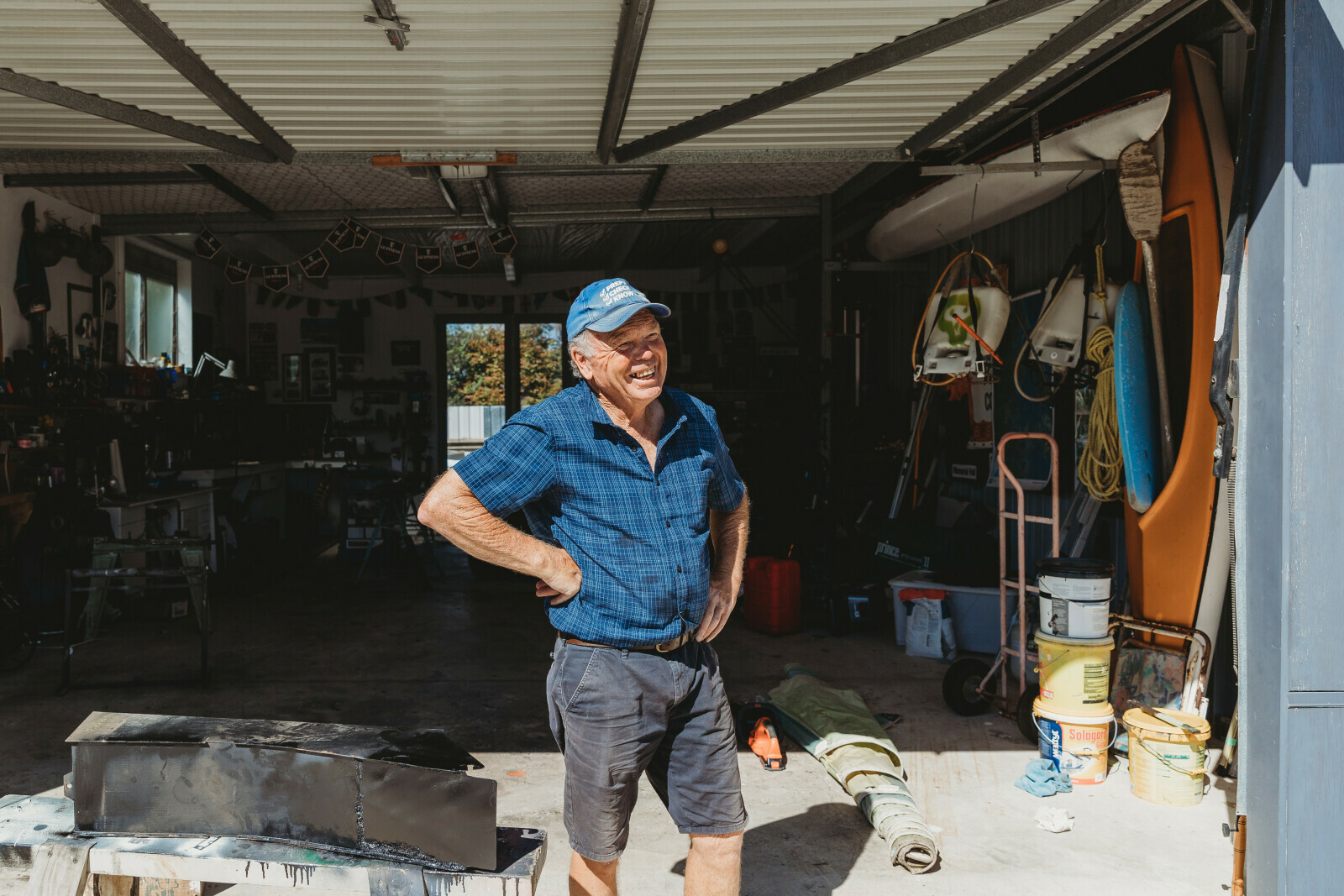Buying guide
Alternative homeownership: Buying with family or friends
Homeownership might not be so far from reach.
6 June 2023

What you’ll learn:
Pros and cons of buying a house with friends or family
Initial questions to consider:
Tenancy in Common vs Joint Tenancy
Property Sharing Agreements
Not all banks will lend to a group of friends
Author
Search
Other articles you might like






